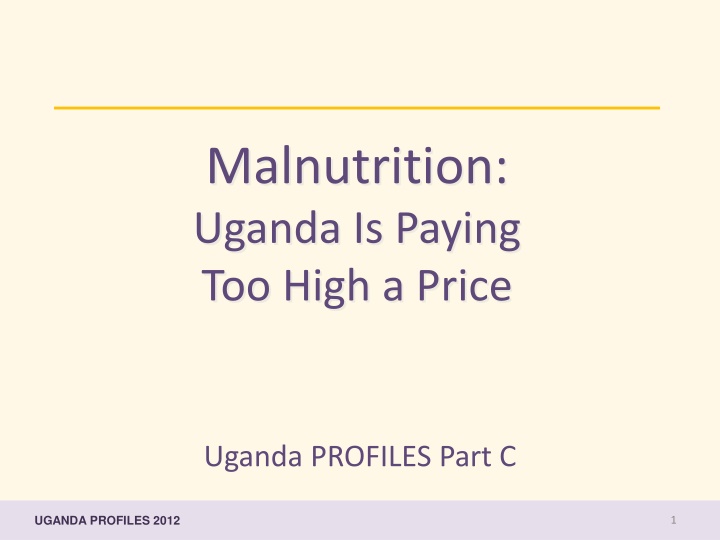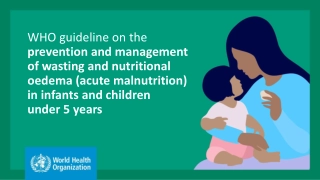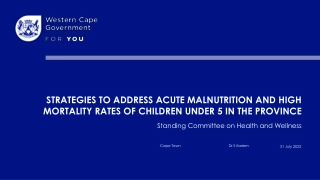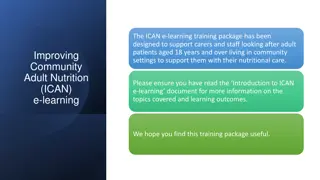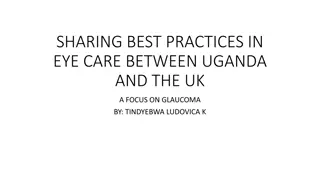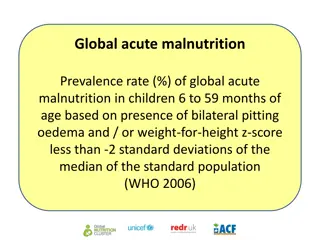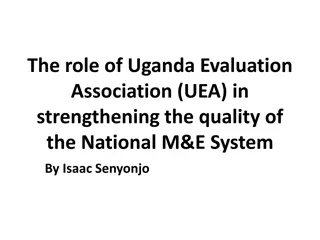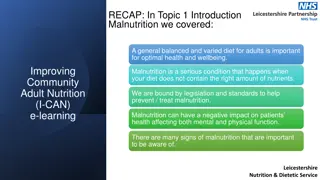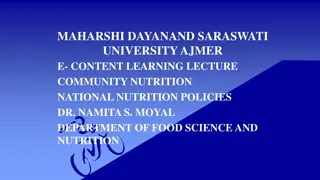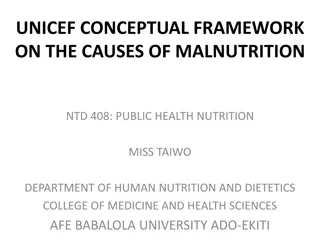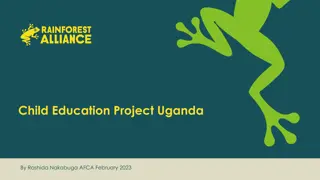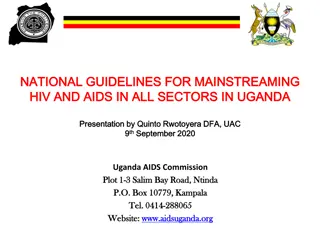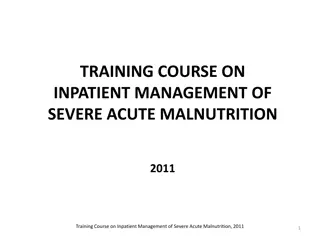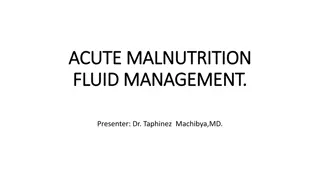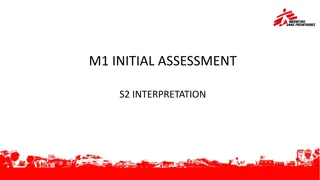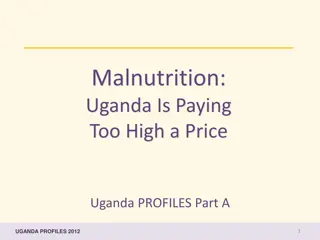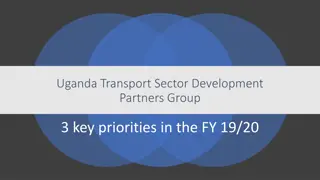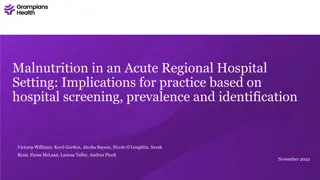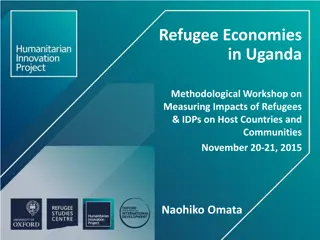Addressing Malnutrition in Uganda: A Call to Action
Uganda is grappling with the high cost of malnutrition, leading to adverse impacts on health, productivity, and economic development. This collection of presentations emphasizes the urgent need for intervention to prevent further suffering and loss of life. The content highlights the benefits of addressing malnutrition, such as reducing child and maternal deaths, improving national productivity, and enhancing competitiveness on a global scale. The support of organizations like UNICEF, USAID, and FHI 360 underscores the collaborative efforts required to tackle this critical issue effectively.
Download Presentation

Please find below an Image/Link to download the presentation.
The content on the website is provided AS IS for your information and personal use only. It may not be sold, licensed, or shared on other websites without obtaining consent from the author.If you encounter any issues during the download, it is possible that the publisher has removed the file from their server.
You are allowed to download the files provided on this website for personal or commercial use, subject to the condition that they are used lawfully. All files are the property of their respective owners.
The content on the website is provided AS IS for your information and personal use only. It may not be sold, licensed, or shared on other websites without obtaining consent from the author.
E N D
Presentation Transcript
Malnutrition: Uganda Is Paying Too High a Price Uganda PROFILES Part C UGANDA PROFILES 2012 1
We Can Change the Situation! Alex Mokori/ RCQHC UGANDA PROFILES 2012 2
Benefits to the Poor AND to the Nation Savings from treating malnutrition-related illnesses Economic value of increased productivity UGANDA PROFILES 2012 3
Improved Ability to Compete in the World Richard/UHCA UGANDA PROFILES 2012 4
Fewer Child and Maternal Deaths among the POOR R.I.P Deaths Prevented UGANDA PROFILES 2012 5
A Price Too High to Ignore! UNICEF/Pirozzi UGANDA PROFILES 2012 6
This training presentation is made possible by the generous support of the American people through the support of the Office of Health, Infectious Diseases, and Nutrition, Bureau for Global Health, U.S. Agency for International Development (USAID) and USAID/Uganda, under terms of Cooperative Agreement No. AID-OAA-A-11-00014, through the FANTA-2 Bridge, managed by FHI 360. The contents are the responsibility of FHI 360 and do not necessarily reflect the views of USAID or the United States Government. March 2012 UGANDA PROFILES 2012 7
